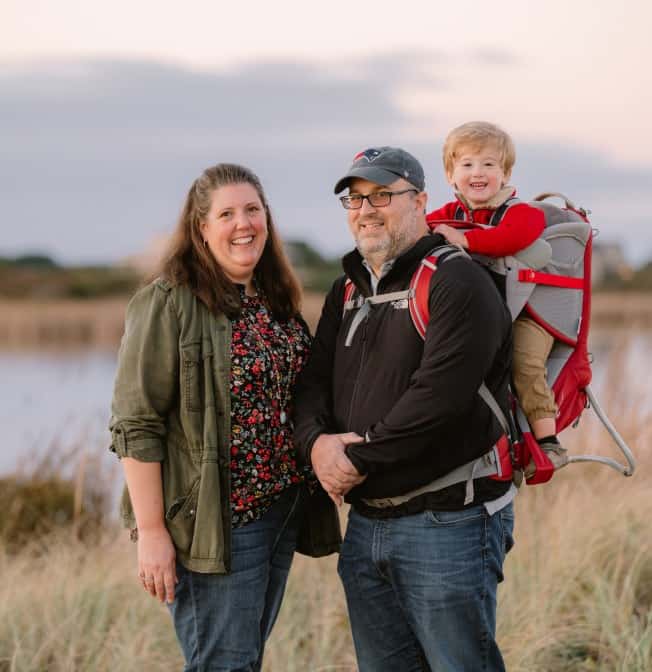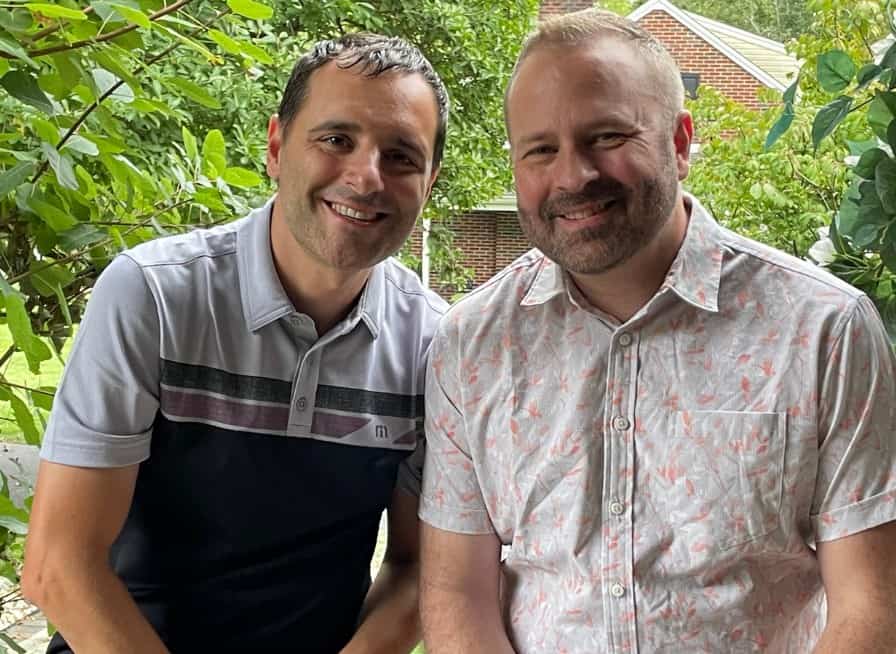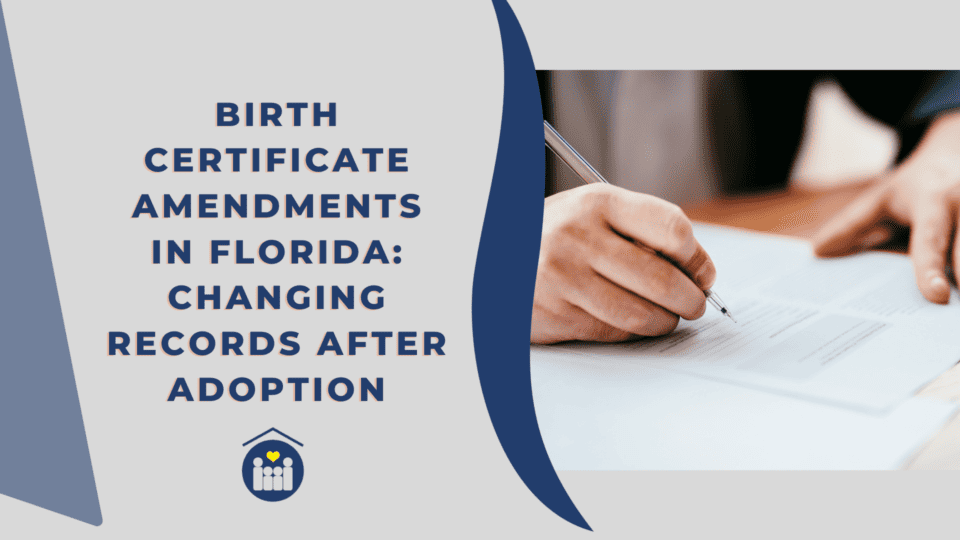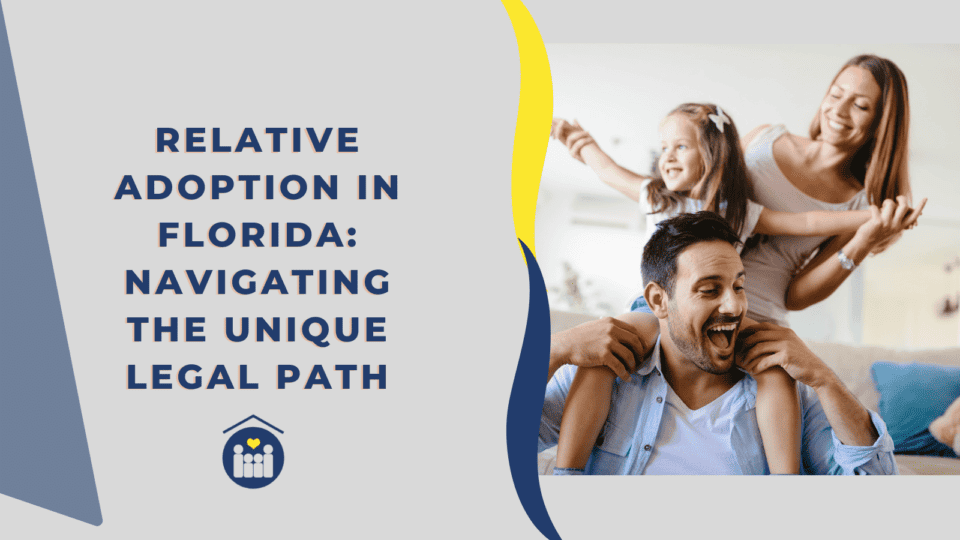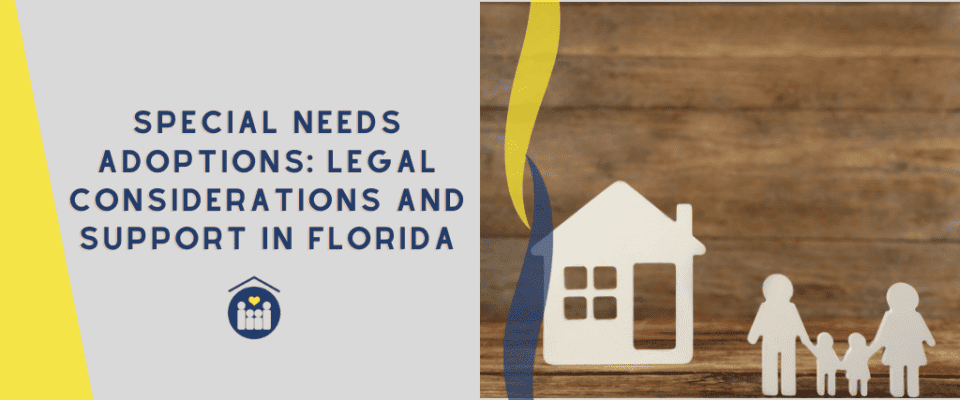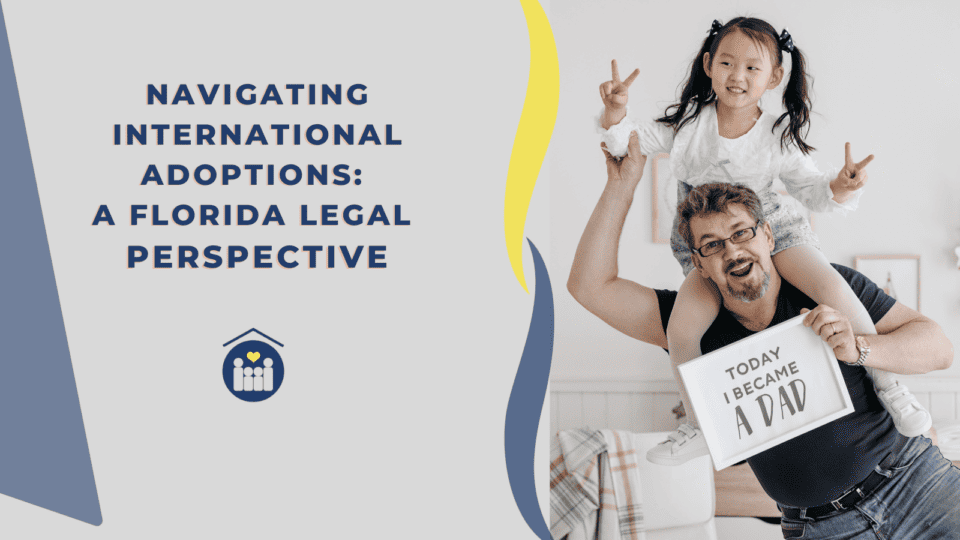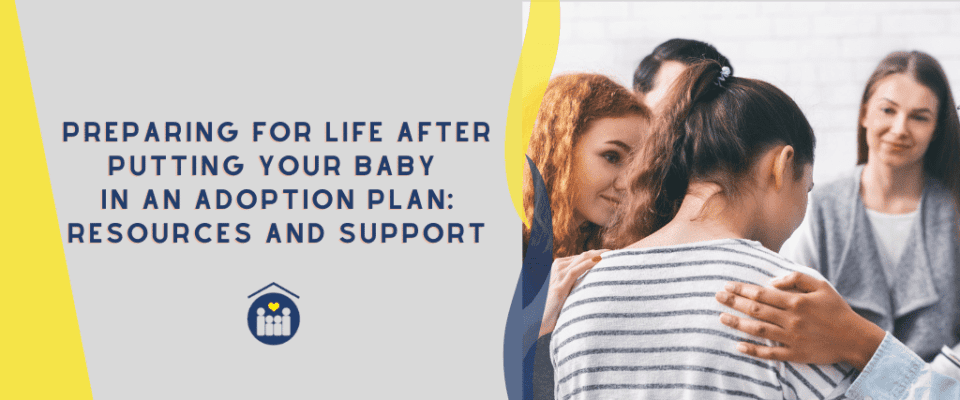Florida law requires people to report suspected child neglect or abuse to the authorities. The Department of Children and Families (DCF) can initiate an investigation into the situation, and if they believe there is a serious problem, DCF can remove your child from your home and care. Once DCF takes action, there must be a “shelter” hearing scheduled for the court to determine if removal of the child was warranted. If the court agrees with the shelter action, DCF can file a Petition for Dependency with the allegations against the parent.
Whether you are a parent facing a DCF case or another interested party, it is critical that you seek legal assistance. There is so much at stake in this situation, and you should speak with an experienced DCF hearing lawyer in Florida immediately if you learn you are under investigation. Do not wait for your child to be taken from your home – contact attorney Juliana Gaita for help now.
The DCF Hearing Process
The petition filed by DCF will include the allegations against you in regard to your parenting. The first step in the hearing is the arraignment, during which you will admit or deny the allegations, or consent to court supervision without admission or denial. If you deny the allegations, you might need to:
- Engage in mediation to reach a compromise with DCF
- Participate in an adjudicatory hearing, which is similar to a trial
If the court finds that you are an unfit parent or that you did not abide by your case plan, it can terminate your parental rights. Needless to say, DCF cases can have extremely serious consequences if not handled properly.
Florida law requires people to report suspected child neglect or abuse to the authorities. The Department of Children and Families (DCF) can initiate an investigation into the situation, and if they believe there is a serious problem, DCF can remove your child from your home and care. Once DCF takes action, there must be a “shelter” hearing scheduled for the court to determine if removal of the child was warranted. If the court agrees with the shelter action, DCF can file a Petition for Dependency with the allegations against the parent.
Whether you are a parent facing a DCF case or another interested party, it is critical that you seek legal assistance. There is so much at stake in this situation, and you should speak with an experienced DCF hearing lawyer in Florida immediately if you learn you are under investigation. Do not wait for your child to be taken from your home – contact attorney Juliana Gaita for help now.
Adoption and Foster Care in Florida
Adoption is a legal process that permanently transfers parental rights and responsibilities from a child's birth parents to their adoptive parents. Adoption can occur through private agencies, international programs, or through the Florida Department of Children and Families (DCF). Foster care, on the other hand, is a temporary placement of a child in a safe and supportive home while their birth parents work on resolving the issues that led to their removal.
Florida has over 20,000 children in the foster care system, and over 800 children waiting for adoption. These children come from a variety of backgrounds and experiences, and range in age from infants to teenagers. Adoptive families in Florida can make a profound impact on a child's life, providing them with a stable and loving home.
Understanding the Florida Department of Children and Families (DCF)
The Florida Department of Children and Families (DCF) is the state agency responsible for protecting children and vulnerable adults from abuse, neglect, and exploitation. The DCF oversees the adoption and foster care process in Florida, and works to ensure that children in their care are placed in safe and loving homes.
To become an adoptive parent in Florida, you must meet certain requirements set forth by the DCF. These requirements include:
- Being at least 18 years old
- Completing a home study
- Passing a background check
- Participating in training and education programs
- Demonstrating financial stability
The DCF also provides support and resources to adoptive families, including financial assistance, medical coverage, and counseling services.
The Adoption Process in Florida
The adoption process in Florida can be divided into several steps, including:
- Orientation: Prospective adoptive parents attend an orientation session to learn about the adoption process and the children available for adoption.
- Application: Prospective adoptive parents submit an application to the DCF, which includes personal and financial information, references, and a criminal background check.
- Home Study: A licensed social worker conducts a home study to evaluate the prospective adoptive parents' suitability to adopt. This includes interviews, home visits, and assessments of the prospective parents' ability to provide a safe and loving home.
- Placement: Once a child is identified as a good match for the adoptive family, the child is placed in the home on a trial basis. This trial period can last from several weeks to several months, during which time the prospective adoptive parents and child get to know each other and adjust to their new family.
- Finalization: After the trial period, the adoptive parents and child appear before a judge to finalize the adoption. The judge reviews the case and issues a final decree of adoption, granting the adoptive parents legal custody and responsibility for the child.
The Role of Child Protective Services in Florida
Child Protective Services (CPS) is a division of the DCF that investigates reports of child abuse or neglect. CPS works to ensure that children are safe and protected from harm, and may remove a child from their home if they determine that the child is in danger.
If a child is removed from their home, CPS will work with the child's birth parents to develop a plan to address the issues that led to the removal. This plan may include counseling, parenting classes, substance abuse treatment, or other services. CPS also works with foster parents and adoptive parents to ensure that children are placed in safe and loving homes.
Legal Considerations for Adopting a Child in Florida
Adopting a child in Florida involves a number of legal considerations, including:
- Termination of parental rights: Before a child can be adopted, the birth parents' parental rights must be terminated. This can occur voluntarily or involuntarily, and is typically done through a court proceeding.
- Interstate adoption: If the adoptive parents and child are from different states, the adoption must comply with the Interstate Compact on the Placement of Children (ICPC). This ensures that the adoption is legal and that the child is placed in a safe and appropriate home.
- Open adoption: Florida allows for open adoptions, in which the birth parents and adoptive parents maintain contact and communication after the adoption is finalized. Open adoptions can be beneficial for the child, as they allow them to maintain a connection to their birth family.
Support and Resources for Adoptive Families in Florida
Adoptive families in Florida have access to a variety of support and resources, including:
- Financial assistance: Adoptive families may be eligible for financial assistance to cover the cost of adoption, including legal fees, home study fees, and travel expenses.
- Medical coverage: Adoptive children in Florida are eligible for Medicaid coverage until they turn 18.
- Counseling services: Adoptive families may receive counseling services to help them adjust to their new family and address any issues that arise.
- Support groups: Adoptive families can connect with other families who have adopted through support groups and online forums.
Florida Foster Care Adoption: What You Need to Know
Foster care adoption is a unique type of adoption in which the child is adopted from the foster care system. This type of adoption can be a good option for families who are open to adopting an older child or a child with special needs.
To adopt a child from foster care in Florida, prospective adoptive parents must:
- Be at least 18 years old
- Complete a home study
- Pass a background check
- Participate in training and education programs
- Demonstrate financial stability
Foster care adoption can be a lengthy process, as it involves working with the child's birth parents and the DCF to ensure that the child is placed in a safe and loving home.
Common Challenges in the Adoption and Foster Care Process in Florida
The adoption and foster care process in Florida can be challenging, and prospective adoptive parents should be prepared for some of the common challenges that may arise, including:
- Delays in the process: The adoption and foster care process can be lengthy, and delays can occur due to a variety of factors, including court schedules, background checks, and home study evaluations.
- Emotional challenges: Adopting a child can be an emotional experience, and adoptive parents may need to work through feelings of loss, grief, and anxiety. Foster parents may also face emotional challenges as they work with the child's birth parents and the DCF to ensure the child's safety and well-being.
- Financial challenges: Adoption and foster care can be expensive, and prospective adoptive parents should be prepared to cover the costs of legal fees, home study fees, and other expenses. However, financial assistance is available to help cover these costs.
The DCF Hearing Process
The petition filed by DCF will include the allegations against you in regard to your parenting. The first step in the hearing is the arraignment, during which you will admit or deny the allegations, or consent to court supervision without admission or denial. If you deny the allegations, you might need to:
- Engage in mediation to reach a compromise with DCF
- Participate in an adjudicatory hearing, which is similar to a trial
If the court finds that you are an unfit parent or that you did not abide by your case plan, it can terminate your parental rights. Needless to say, DCF cases can have extremely serious consequences if not handled properly.
How To Fight DCF
When faced with a DCF (Department of Children and Families) investigation or intervention, it is crucial to understand how to effectively advocate for yourself and protect your rights. Fighting DCF can be a complex and challenging process, but there are steps you can take. First, consult with an experienced attorney specializing in family law or child welfare to guide you through the legal aspects of the case. They can help you navigate the DCF procedures, explain your rights, and provide representation during hearings.
It's essential to gather and preserve any evidence that supports your position, such as medical records, character references, or documentation of your efforts to address any concerns raised by DCF. Cooperating with the investigation while ensuring your rights are respected is vital. Maintain open and honest communication with your attorney, follow their advice, and participate actively in the process to present your case effectively. Remember that each situation is unique, so it's crucial to seek personalized legal advice to develop a strategy tailored to your specific circumstances when fighting DCF.
What happens when DCF Is Called In Florida
When the Department of Children and Families (DCF) is called in Florida, it initiates a process to assess and address concerns regarding the safety and well-being of a child. Upon receiving a report, DCF typically conducts an investigation to determine the validity of the allegations. This investigation may involve interviewing the child, parents, and other relevant individuals, as well as visiting the child's home.
If the investigation reveals evidence of abuse, neglect, or endangerment, DCF may take immediate action to protect the child, such as removing them from the home and placing them in foster care or with a relative. However, it's important to note that DCF's primary goal is to promote family preservation whenever possible, and they may offer supportive services and interventions to address the issues identified. The specific actions taken by DCF will depend on the severity of the situation and the agency's assessment of the child's safety. It's crucial for parents or individuals involved to cooperate with DCF during the process and, if necessary, seek legal representation to ensure their rights are protected and to navigate the complex system effectively.
Parents Rights Against DCF
Parents have rights when it comes to dealing with the Department of Children and Families (DCF) in Florida. These rights are designed to protect their relationship with their children and ensure fair treatment throughout the process. Parents have the right to be notified if DCF becomes involved in their family's situation, including the reason for the agency's involvement. They also have the right to participate in any DCF investigations or assessments and provide their side of the story. Parents have the right to legal representation and are encouraged to consult with an attorney experienced in family law or child welfare.
Florida Adoption Lawyers can help parents understand their rights, navigate the complex legal system, and advocate on their behalf. It's important for parents to be aware that they have the right to challenge any decisions made by DCF, including the removal of their child from the home or the termination of their parental rights. They have the right to present evidence, call witnesses, and have a fair and impartial hearing. By asserting their rights and seeking legal counsel, parents can actively participate in the process and work towards the best outcome for themselves and their children.
Contact a DCF Lawyer in Florida Right Away
If you have been contacted by DCF, you should consult with a Florida DCF attorney Juliana Gaita as soon as possible. We are here to help in this serious situation, so please contact us today.
Frequently Asked Questions About DCF
See some of our featured
WAITING FAMILIES
Tanner & Ryan
Thank you for taking time to learn about us as you consider an adoption plan for your child. We respect you so much for considering to […]Natasha & Thomas
Thank you for the opportunity to share our lives with you. We can only imagine what you must be going through and what a difficult decision […]Mandy & Bill
Our families have taught us to be humble and kind, to cherish each other, and to never stop learning. We hope that these values came through […]Carl & Chris
It is so nice to be connected with you. We have wanted to be parents our entire lives, and it means so much to have you […]Julia & Martina
We are Julia and Martina and we are so happy that you are taking the time to read our profile book. We hope this will give […]Oliva & Brian
Thank you for spending some time getting to know us. It is humbling to be considered as adoptive parents for your child. Wecommend you for the […]




